Unit 13-15 / 314 Hoxton Park Road,
Liverpool NSW 2170
Liverpool NSW 2170
At Advanced Early Learning, we understand that choosing a childcare centre for your child is not a simple decision. There are many factors to consider – and our friendly staff aim to support you in making the best decision for your child and your family.

At Advanced Early Learning, we aim to provide the highest standard in early childhood services. We offer your child a warm, nurturing and stimulating environment that will help them to learn and grow as they develop the fundamental skills and knowledge that will set them on the path of lifelong learning.
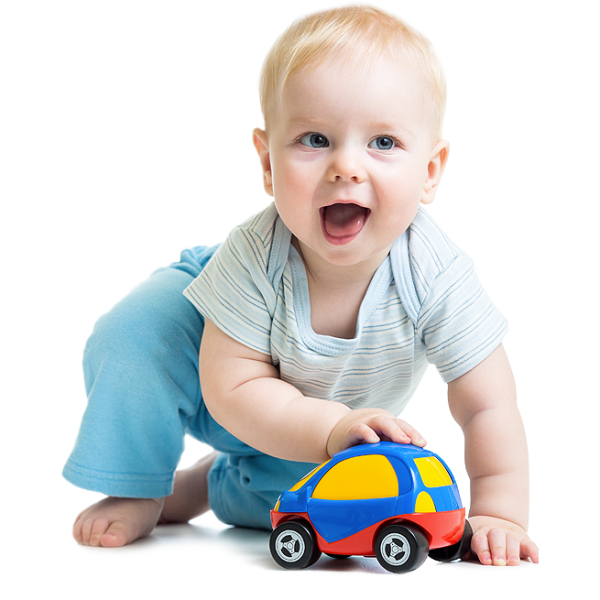
Our educators engage in intentional teaching to help your little one develop social and emotional skills and reach developmental milestones.
View Details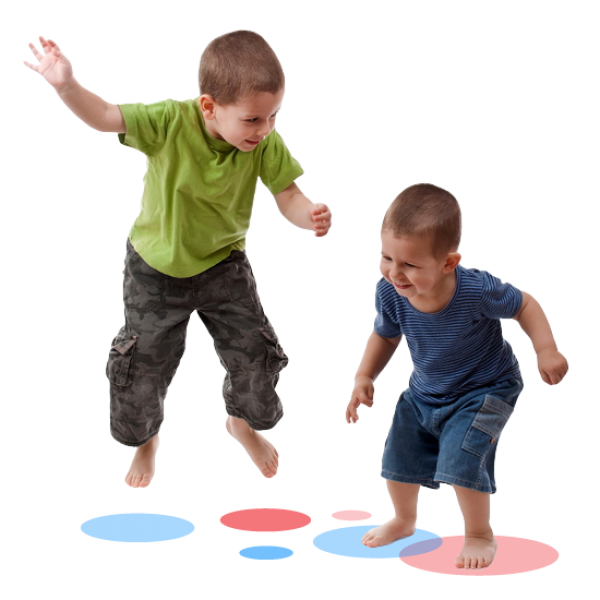
Our programs will help your child to develop the skills they will need as they transition to school.
View Details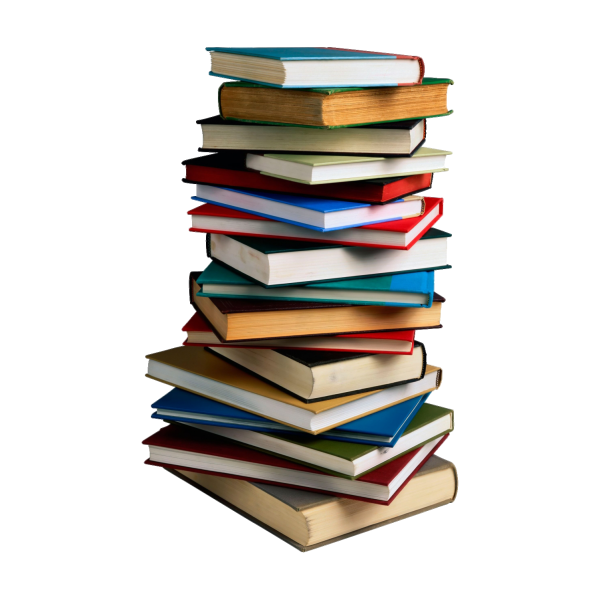
Our programs help to foster a love of active play in your child, encouraging them to build lifelong healthy habits.
View Details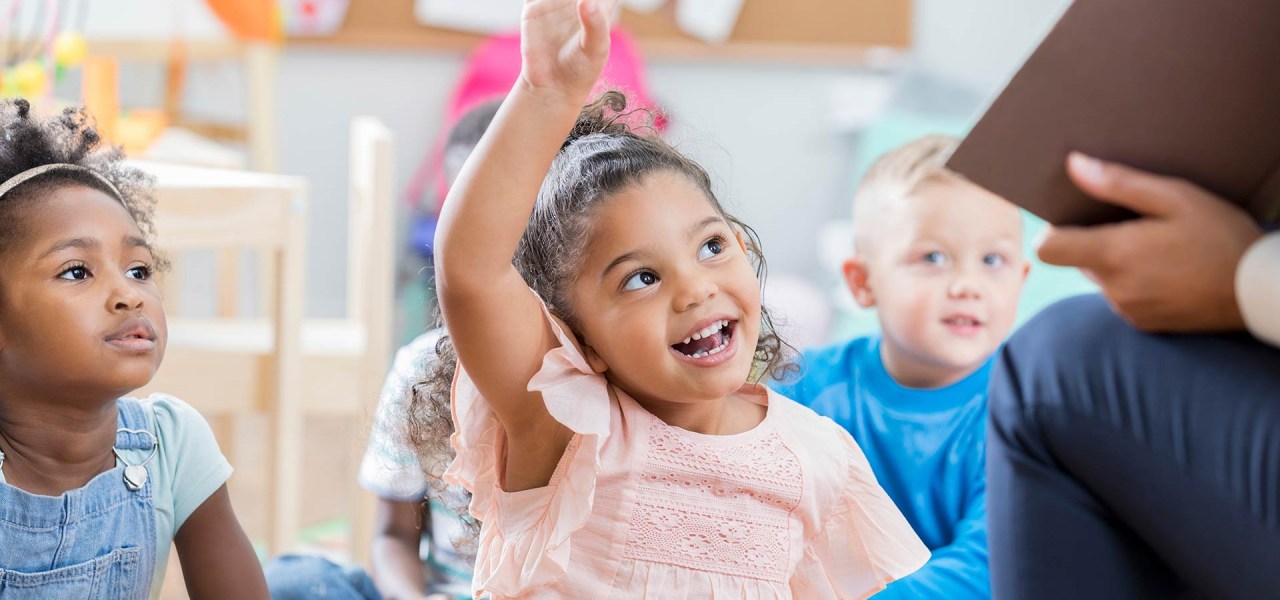
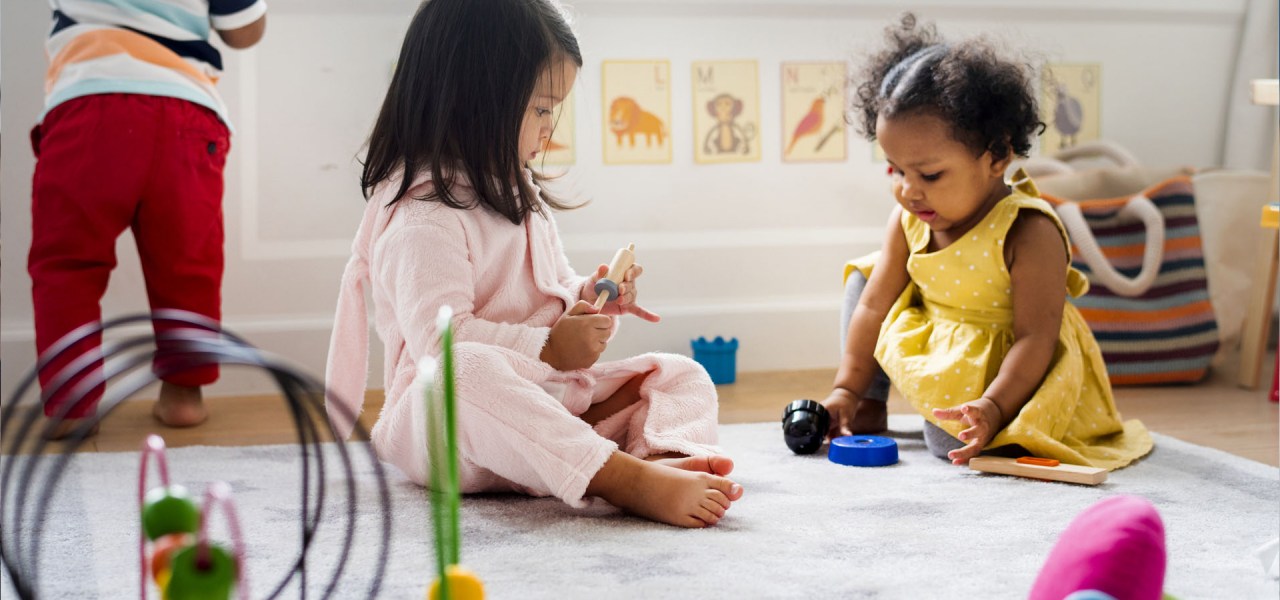
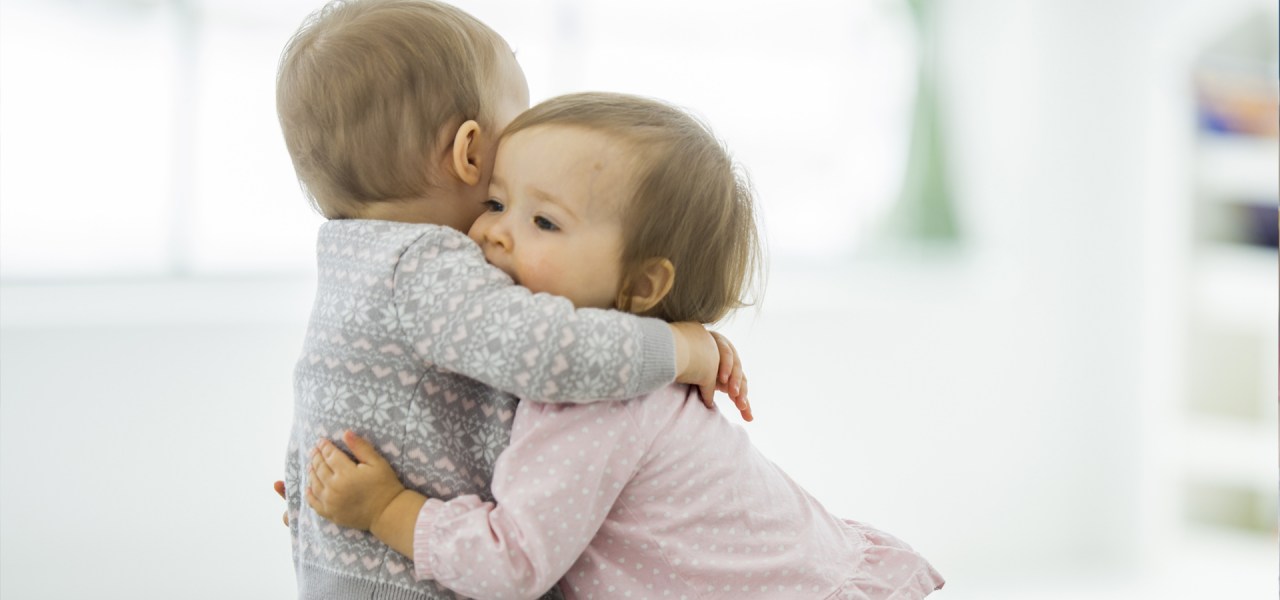
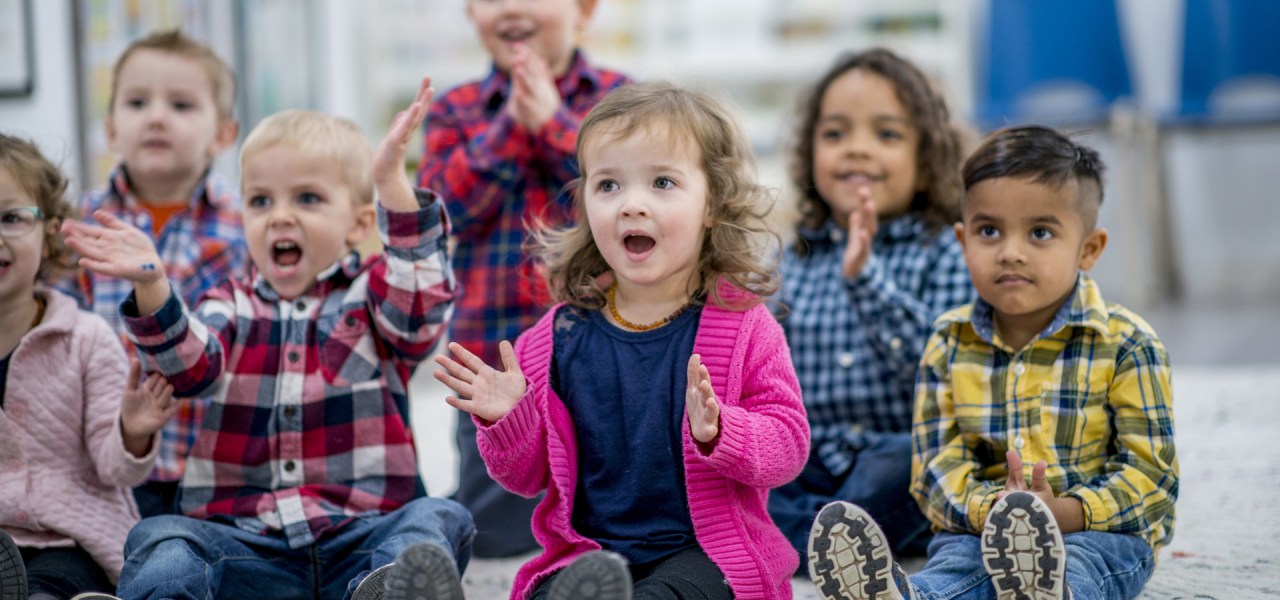
To Belinda and all the staff at Advance Early Learning, I would like to thank you for all your help and support that you have provided to myself & my child and the rest of our family over the last few months we cannot express how grateful we are that we crossed paths with you all and helped us...
Read More...Having had a previous bad experience at another centre, I was very nervous when I started my little girl off at Advanced Early learning Merrylands. Much to my delight the staff and management at the centre were very caring and professional and it showed in how well my daughter settled in and is...
Read More...Joe, Mia and I want to let you all know at AEL that we love and appreciate all the genuine support and care that you have shown us from the very beginning of walking into the centre when we were deciding on where would be the best possible option for our daughter and us to allow Mia to be cared for...
Read More...Our centres have been designed to stimulate your child's natural curiosity and to encourage them to explore, learn and play.

Plan a sun-safe event! Any outdoor event needs a plan for UV safety. Find tips on making your event SunSmart, including messaging, shade audits, training and resources.
Find out More
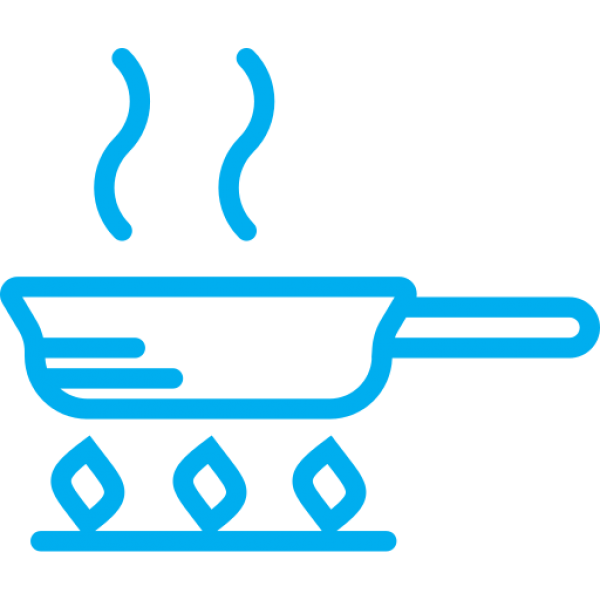 |
5 nutritious meals prepared fresh daily by our on-site cook |
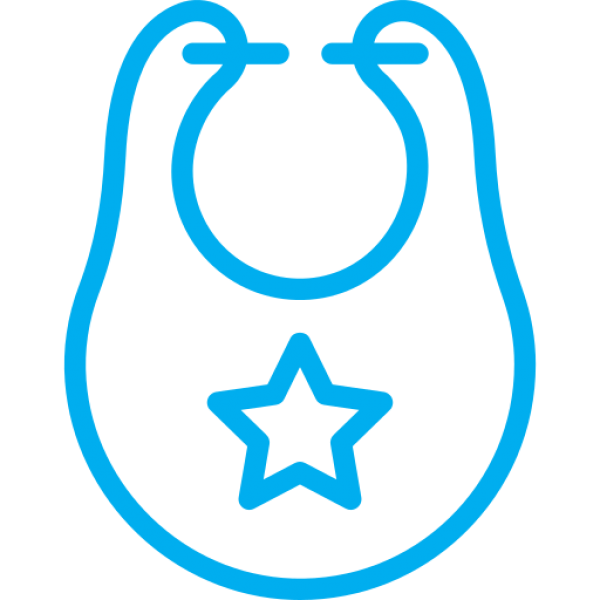 |
Resources: bibs, wipes, etc |
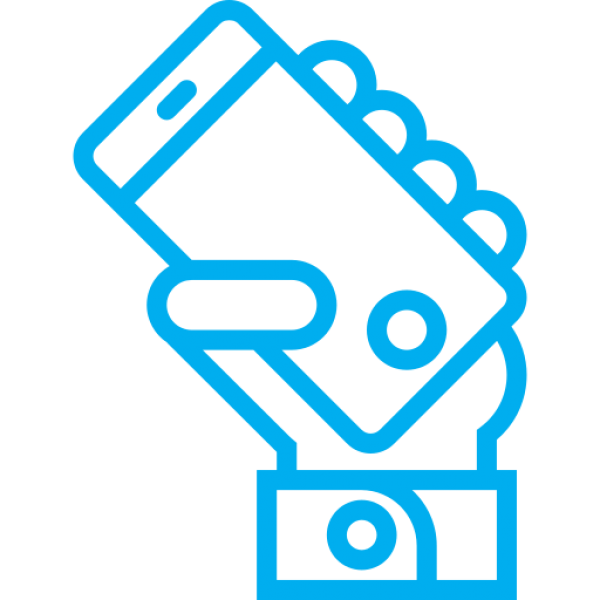 |
Ongoing parent/educator correspondance via KidsXap |
 |
Cot and bed linen for babies |
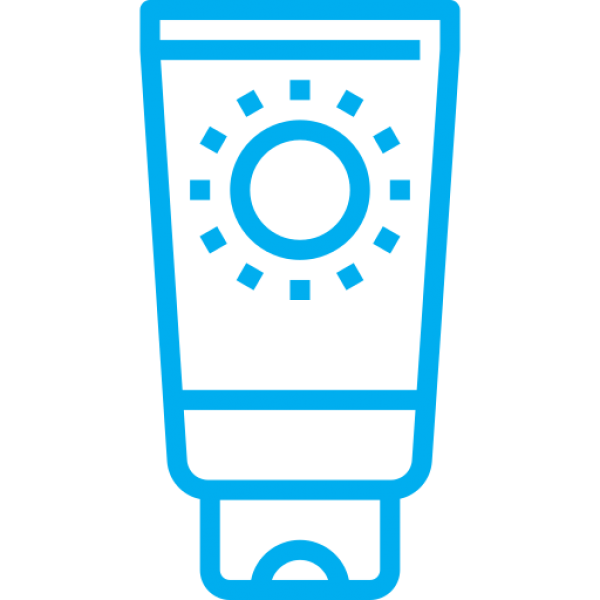 |
Sunscreen for play time |
 |
Personal care: nappies |
 |
Formula |
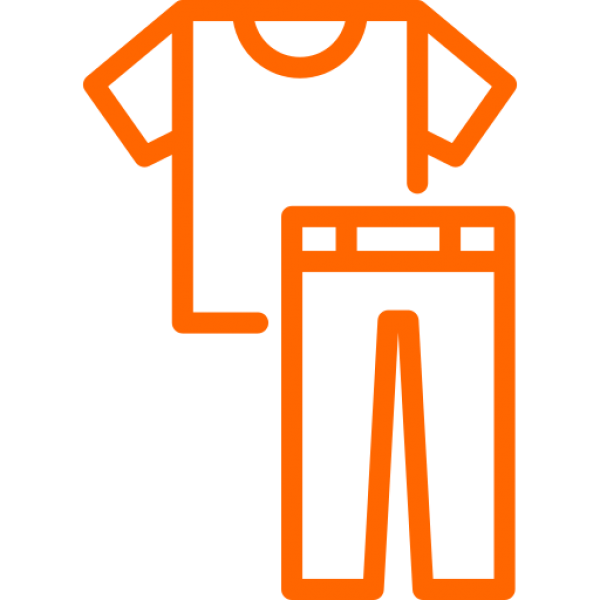 |
Spare change of clothing |
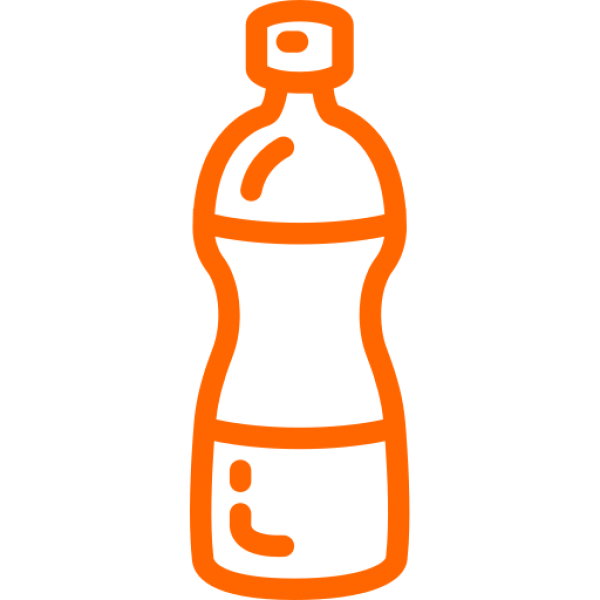 |
Water bottle |
 |
Bucket hat |
Please fill out the form below, and one of our team members will get in touch with you shortly!